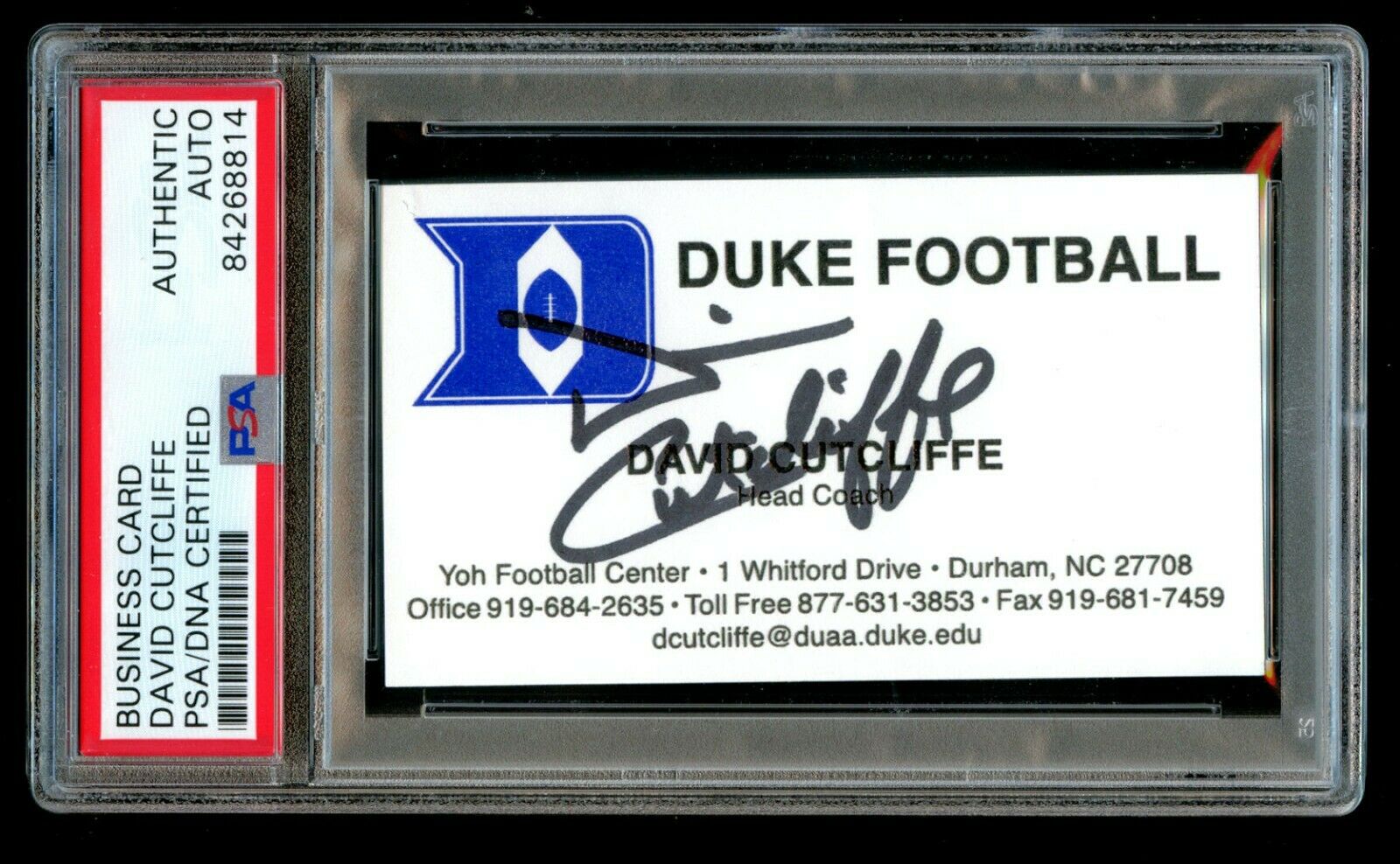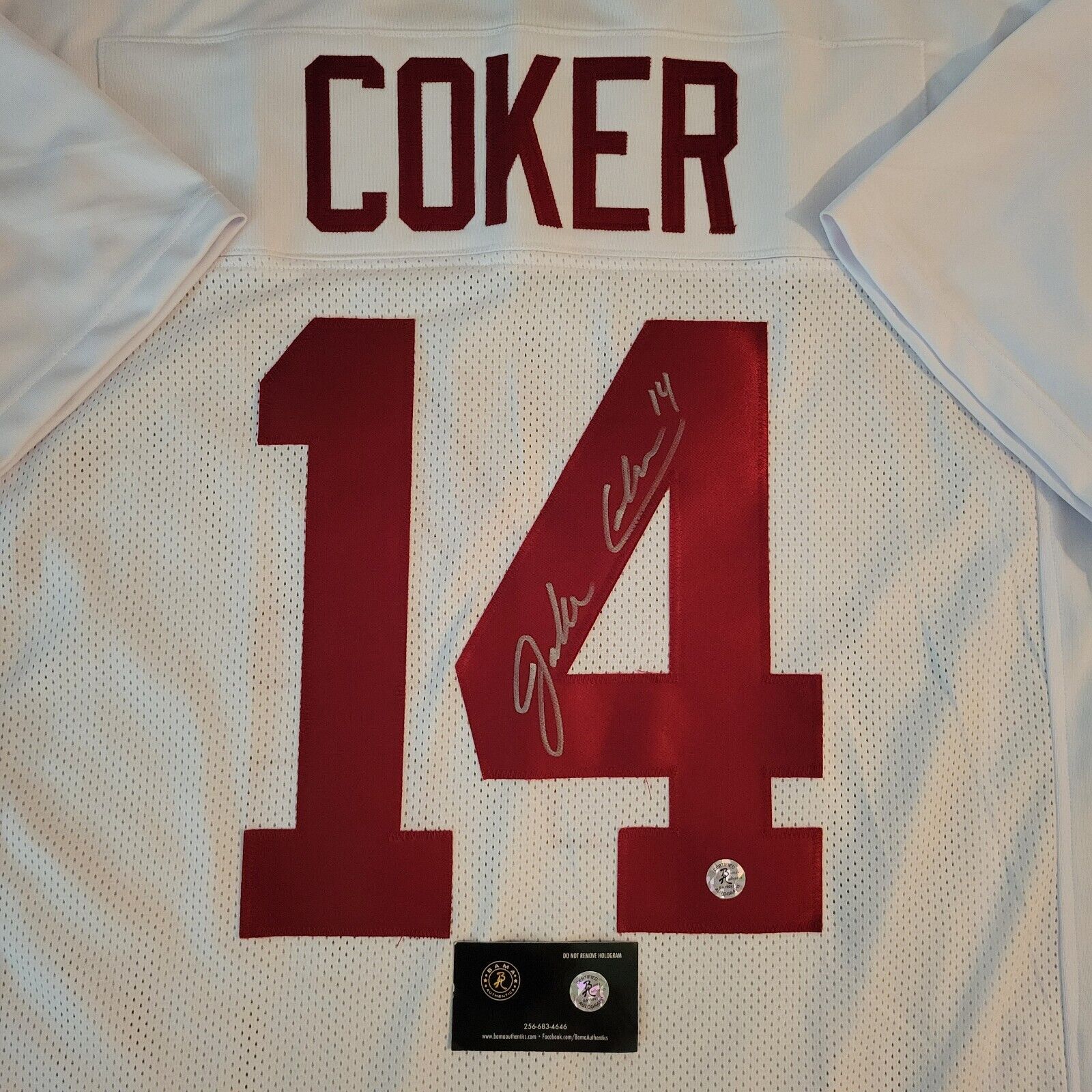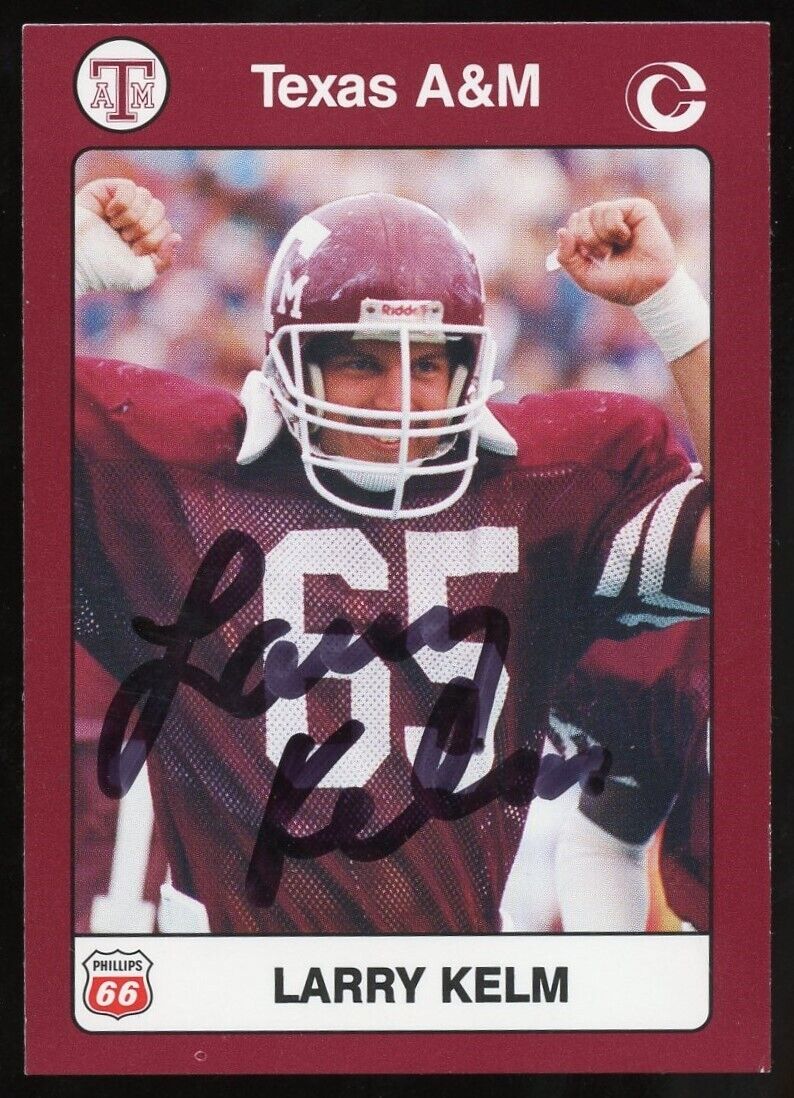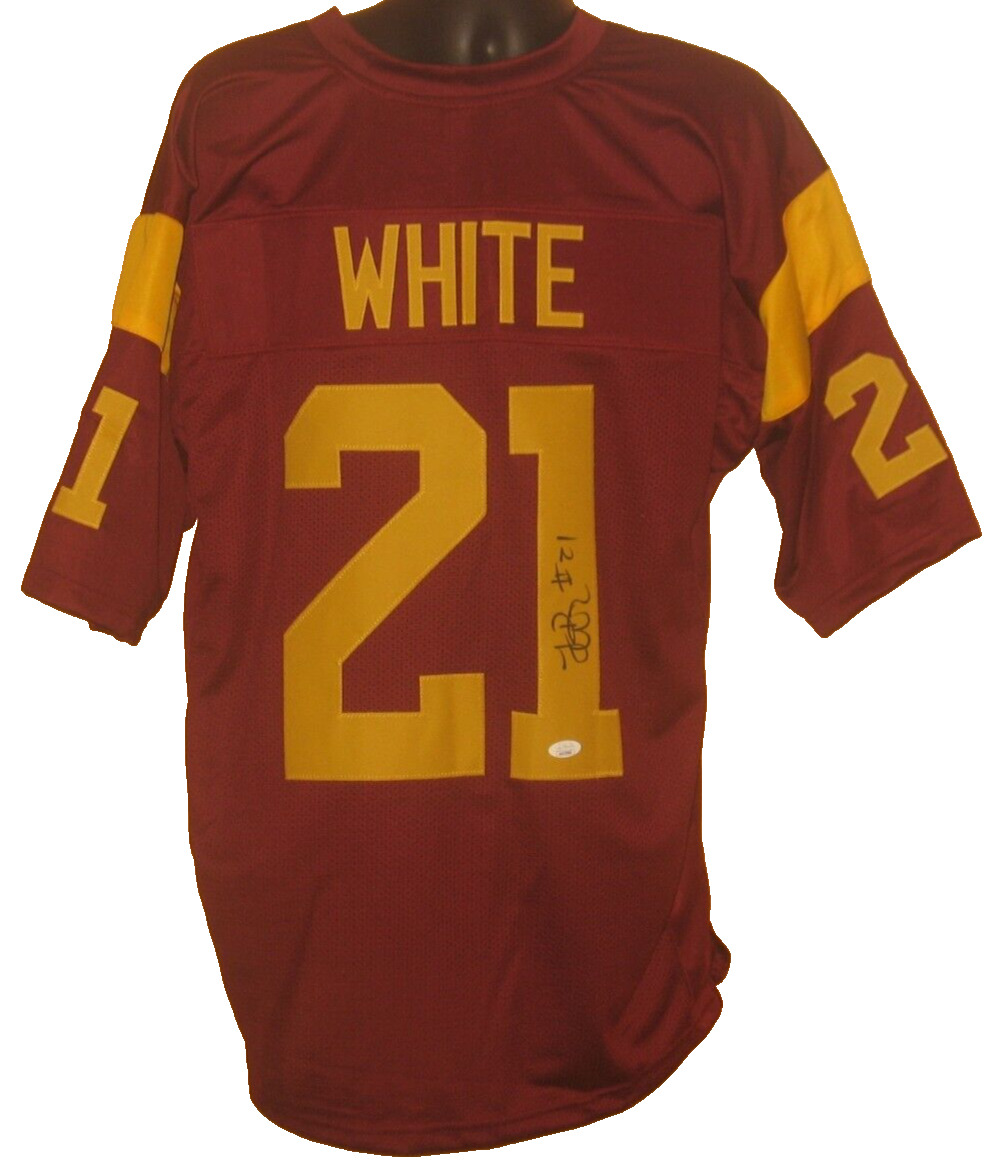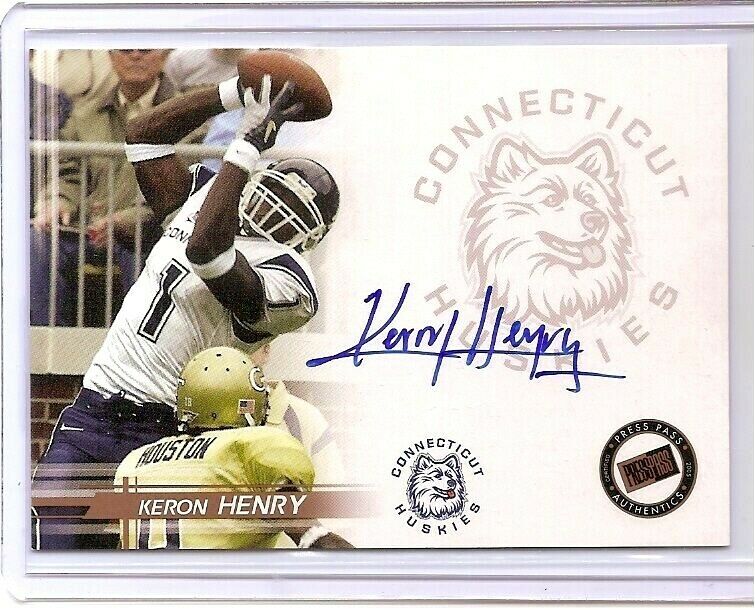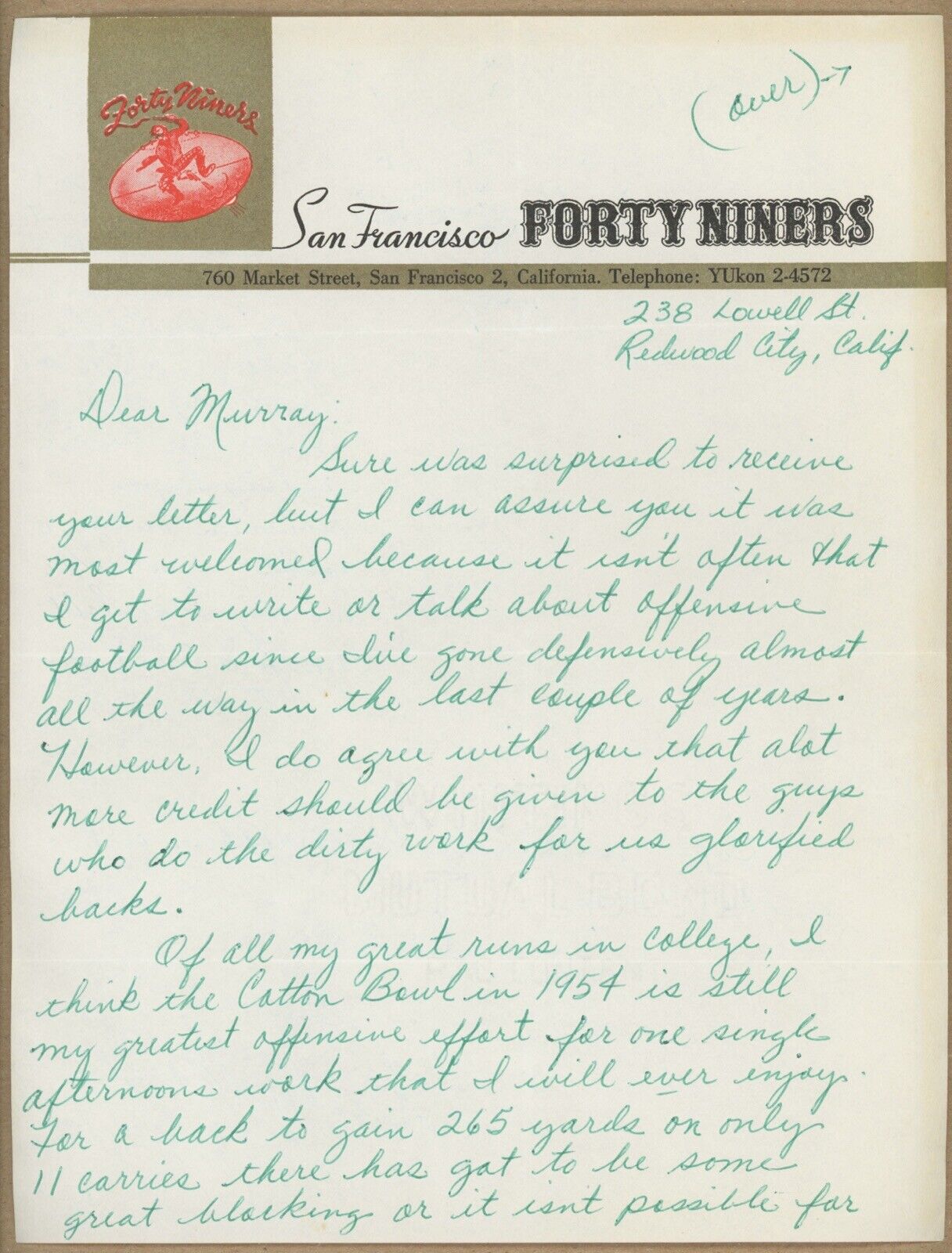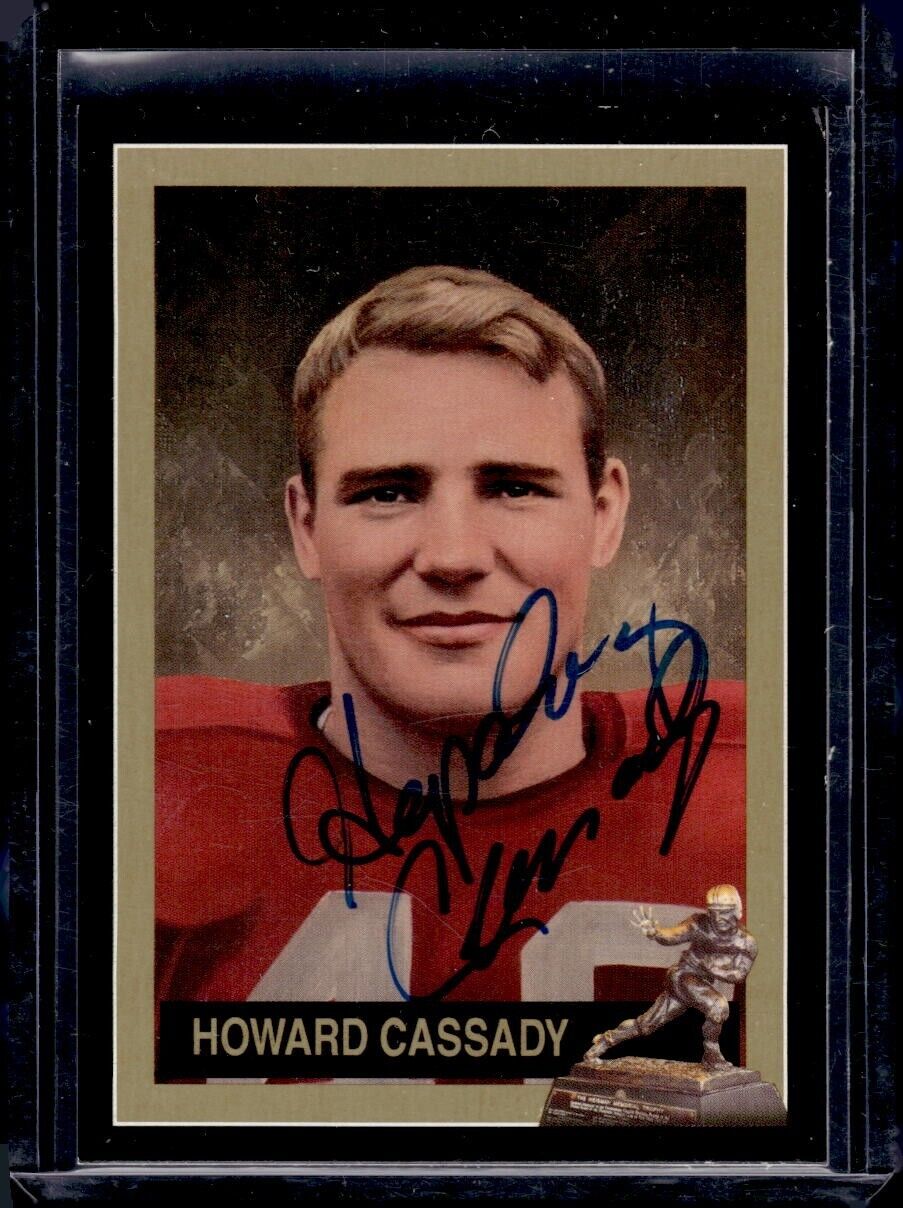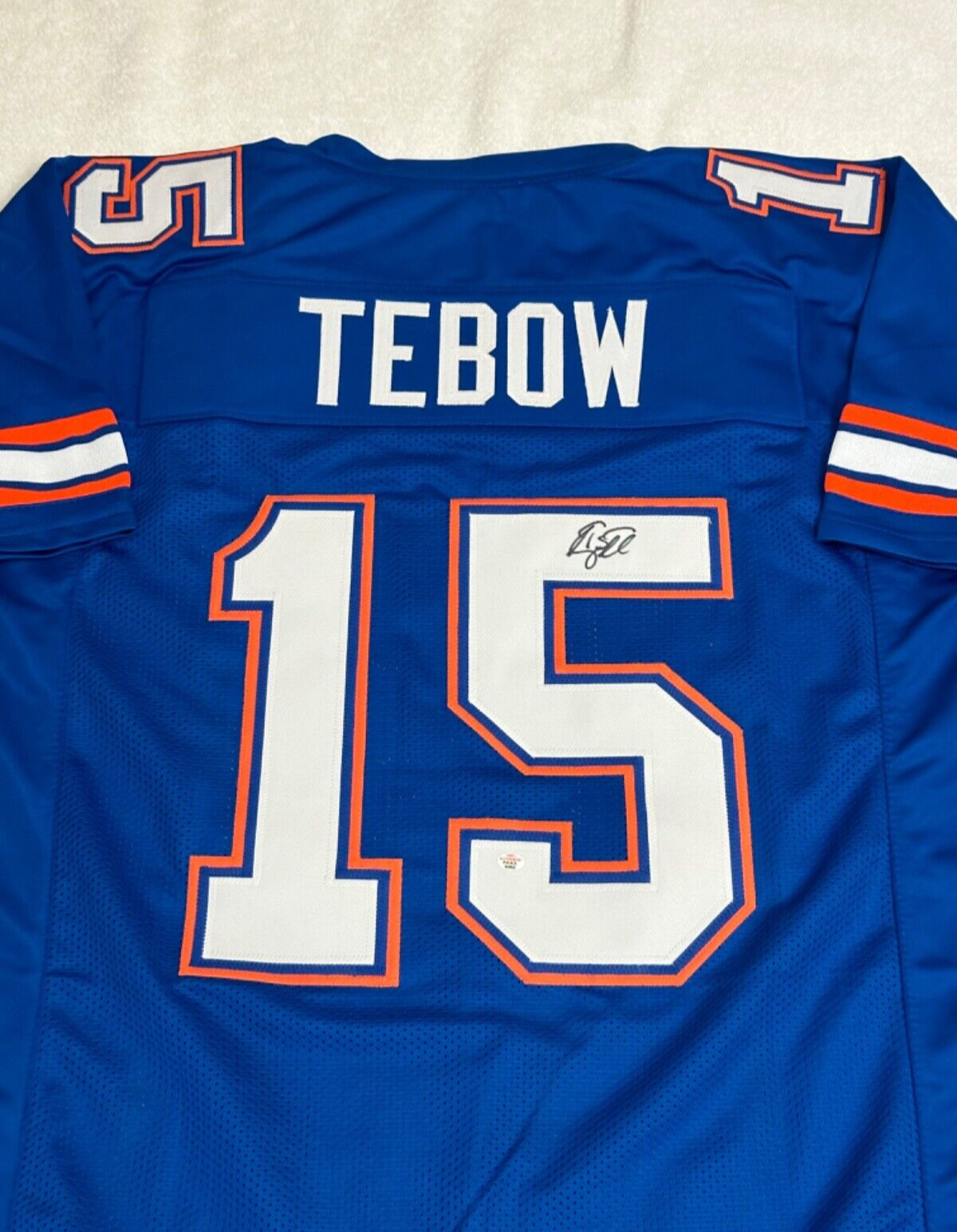-40%
Rare Notre Dame vs Nebraska postcard from 1916 game in Lincoln. ND won 20-0
$ 10.55
- Description
- Size Guide
Description
Rare Notre Dame vs Nebraska postcard from 1916 game in Lincoln. ND won 20-0. Below is an account of the game.For more Notre Dame football memorabilia, books and collectibles go to irishlegends.com
Text from the postcard:
"Just got here. There is a big crowd in town for the game. Hopes are on Nebr. Betting is on Notre Dame. Maybe ye old Cornhuskers will fool 'em. Hope so. Swell day."
Notre Dame, Polished, Beats Nebraska 20-0
LINCOLN, Neb. — Battling heroically against a polished football machine which would have filled the beef trust with envy, the Cornhuskers today were defeated by Notre Dame, 20 to 0.
Nebraska was outweighed more than seventeen pounds to the man, which would be enough to tell the story under ordinary circumstances, but the human moving vans from South Bend were likewise equipped with speed and skill, which further accounts for the magnitude of the disaster.
But one must not think that the Cornhuskers were as completely outclassed as the score might suggest. It is a remarkable fact that the Nebraska line, overshadowed like so many pygmies by the Garantuan grizzly bears from Indiana, stood up before them as a stone wall on defense and ripped great holes for the plunges which proved Nebraska’s only winning cards.
Last year the Cornhuskers beat this same enemy on the same field, and after that game Coach Jesse Harper swore revenge. This vengeance is now his, and won honorably, too — yet today he must be thinking, in silent admiration, of the wonderful work of Shaw and Rhodes and Riddell and Cameron, who more than once tore his mammoth line into shreds and more than once nailed his crafty backs for tremendous losses.
To Shaw, Nebraska’s right tackle, must go the greatest of the meager honor gained today by the Cornhuskers. His efforts were Herculean and savage as that of some cave man. The playing of this man Shaw and of the entire Nebraska line as a unit made it apparent that had the Cornhusker backfield been anywhere nearly as strong, Coach Harper’s revenge might have had to be postponed indefinitely.
Notre Dame won the game on three touchdowns, not one of which resulted from effective smashing of the Nebraska line or of the general Nebraska defense.
The first came in the initial period, when the great Bergman, Notre Dame right half, skirted right end, behind remarkable interference, forty-five yards and across the coveted chalkline.
The second catastrophe occurred in the third period when Nebraska had the ball on her own fifteen-yard line. A trick play was attempted and somebody fumbled — it may never be known just who — but at any rate the ball rolled out from beneath a human heap, Baujan scooped it up and scudded directly beneath the goal posts.
The third and last score came in the fourth session as a result of a lengthy forward pass from Miller to Bergman, the latter evading Caley and slipping easily over the line. Failure of a kickout after the touchdown deprived Notre Dame of one point, but the other two goals were kicked, which gave them twenty tallies — just what the Cornhuskers scored on them last year.
This was the last and biggest game of the Nebraska football season, and the crowd the largest in the history of Nebraska Field, according to the opinion of many. Over 9,000 persons saw the conflict, which was fast and close during the first half, discouraging and gloomy during the last.
It was pretty generally conceded that the Cornhuskers really had but little chance to win under the circumstances, against a team so much their superior in weight, punting, open play and sureness of attack. Nebraska fumbled several times at most critical junctures, while Notre Dame fumbled not once. The Cornhuskers’ attempts at passing became almost laughable, ten attempts resulting in not a single completed play, while their enemy completed four out of ten passes for a net gain of 111 yards. Notre Dame gained 152 yards on direct scrimmage, as against Nebraska’s ninety-seven, while the South Benders made eleven first downs, as against five. Dobson held up wonderfully in punting against the mighty DeGree, booting the oval 486 yards in thirteen attempts, while DeGree got the same distance in twelve tries.
While everyone seeing the game was wildly enthusiastic over the splendid and plucky work of the Nebraska line against the frightful tribe of giants arrayed in opposition, there was still much criticism of the lack of driving power and variety of attack on the part of the Cornhuskers. With the exception of certain line plays, which at one time gained four first downs in succession in the first period, the Nebraskans had nothing, apparently, to offer. End plays behind suitable interference, and forward or lateral passing, seemed things unknown to Coach Stewart’s men. There is as yet no reason for changing the opinion expressed two weeks ago that the new Stewart formations have failed to produce the pep and deceptiveness anticipated.
Nebraska had but two opportunities to score, the first coming in the initial period when they were on Notre Dame’s fourteen-yard line, fourth down, with four yards to go. A fumble here lost the ball.
In the third period, in the center of the field, Nebraska’s great line held and DeGree punted straight up in the air — about a mile, perhaps. When the ball came down it bounced back toward Notre Dame’s goal. There were no Notre Dame men near and Rhodes reached for the whirling pigskin. His hands clutched it, but one of his partners jounced into him and he fumbled, recovering a moment after. Had he held the ball he had a clear run for a touchdown. But this was an unheard of incident, and Rhodes cannot be blamed. It was merely a bad break in luck.
There really wasn’t much to the game after the first period, as far as the Nebraska offensive was concerned. Captain Cofall of Notre Dame won the toss, and elected to defend the west goal. Immediately after the kickoff, DeGree punted sixty yards, and Dobson punted back on the first down, Notre Dame gaining about thirty yards on the transaction. Miller and Cofall hit the line for short gains and a forward pass, Cofall to Bergman, took sixteen yards. Nebraska was penalized fifteen yards, and the ball was on the Cornhusker ten-yard line. Nebraska held bravely and blocked Miller’s attempted place kick. Dobson punted to the center, and shortly afterward Bergman broke loose on his end run for the first touchdown. The kickout failed.
Notre Dame was apparently out for blood, and soon after the kickoff Bachman, the star left guard, was disqualified for rough play. An exchange of punts gave Nebraska the ball on her thirty-five-yard line, and then she started a grand march through the line. Caley did most of the work, hitting the tackles for big gains time and again. Otoupalik took an occasional run in the same direction, and Cornhusker stock looked up. But when, after this game and masterful spurt, the shadow of the Notre Dame goal was reached, Caley fumbled and Notre Dame took the ball. From that time onward there was little hope.
Rydzewski was badly hurt in the middle of the second period, and taken on from the game with a broken foot. He suffered terribly and had to be carried from the field. Captain Cofall, who had been in bad shape all season, and who was not used much thus far in the game, was also replaced in this period by Fitzpatrick.
Now that the season is over, it is best to think of the future. A defeat at the hands of Notre Dame is nothing to be ashamed of, especially in the view of the game battle put by by the starless Cornhuskers against awful odds, and it is good to know that most of the present team will be on hand as the nucleus for the 1917 eleven. Captain Corey and Cameron played their last game today, and probably one or two others, but the main group will remain, to be reinforced by a splendid squad from the present freshmen.
Coach Stewart, despite his defeat by Kansas, has a good claim on the Missouri Valley championship, because of his victory over Ames and Iowa, and it is to be hoped that his pioneering at Lincoln will result next year in a complete vindication of his methods which, it must in all candor be admitted, are now questioned by many.
With a year’s experience in Nebraska behind him, and a large corps of men whom he knows to work with, it is to be hoped that next fall there will be regular players in regular positions week after week, that they may become accustomed to the formations and to the general campaign without the continual changing about which seems to have been necessary during the past season.
And while Coach Stewart is building up an invincible organization, let the athletic board take heed that for many years, as today, Omaha has been sending thousands of people to the Cornhusker games at Lincoln, and that at least one of the 1917 conflicts must be staged in the Gate City. The old bugaboo Valley conference ruling is bunk, and the board knows it. If Nebraska can play in Portland, Ore., it can play in Omaha, Neb.



